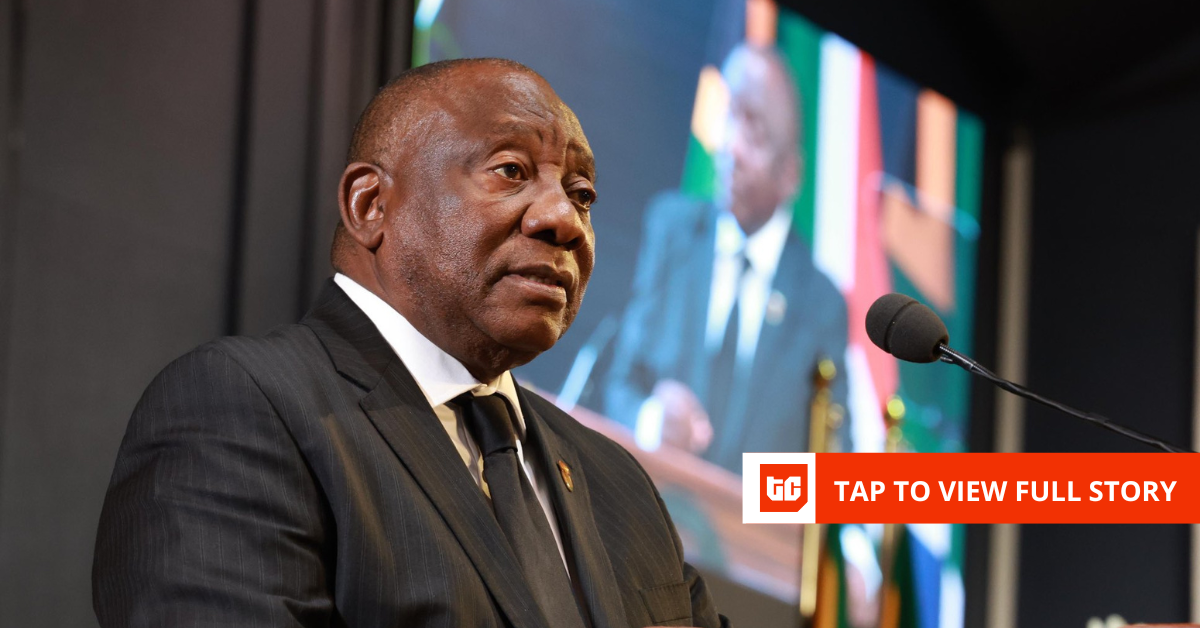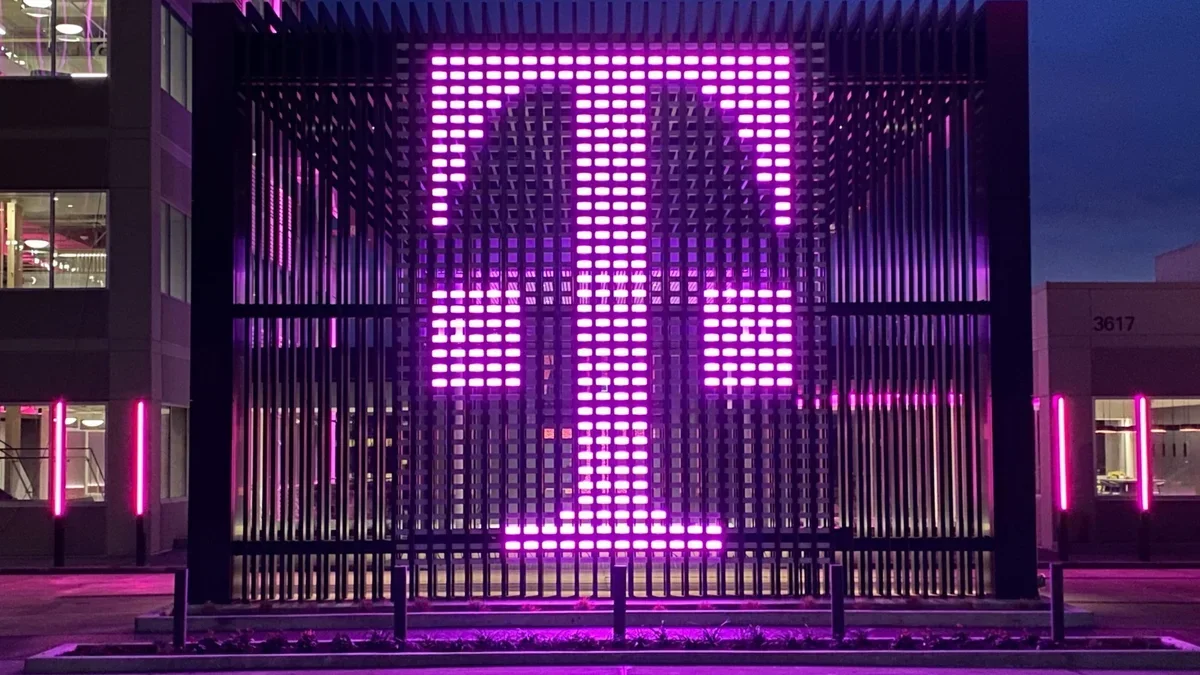Starting today, the U.S. is charging a 30% tariff on certain goods coming from South Africa. This is a big jump from the previous 10% rate and puts South Africa among the countries most affected by the U.S.’s new global tariff changes. South Africa has been trying to negotiate a way around the tariffs, but despite ongoing discussions, no agreement has been reached.
The U.S. is South Africa’s second-largest export market after China as of 2023. However, the bulk of South Africa’s U.S. exports are not technology goods; the main exports remain metals, minerals, automotive, and agricultural products.
In the tech space, software and cloud services are less affected since tariffs typically apply to physical goods. South African developers, SaaS providers, and BPO firms can still serve U.S. clients without direct tariff penalties.
But for the few South African tech companies that do export physical products like electronics or hardware, the new 30% tariff presents a unique challenge: adding pressure to stay competitive, and forcing companies to rethink how they do business.
Alan Dickson, Group CEO of Reunert, a diversified industrial group with interests in electrical engineering, ICT, and applied electronics, told that while tariff hike has “little to no impact” on their ICT and applied electronic segments, which do not export to the US, but the electrical engineering arm, CBi-electric: low voltage, is not so lucky.
The company exports circuit breakers to the U.S. via its wholly owned subsidiary, CBi Inc., and has already made pricing and cost adjustments in response to the interim 10% tariff introduced in April. With the new 30% rate, Dickson says the long-term impact is still being assessed, especially in light of competition from Mexico and China.
“Mitigation strategies have already been implemented, including value-engineering to reduce costs, flexible manufacturing options, further potential price increases, and continued investment in delivery reliability, which remains a key differentiator in project-based markets,” Dickson noted.
The executive order published by the U.S. government states that the new tariff will not apply to goods that were already shipped before 8 August and processed before 5 October. Those will still be taxed at the old, lower rate. But everything else will now face a higher charge, putting pressure on South African exporters and trade officials.
The South African government said it is still hopeful about securing a deal that could reduce or limit the tariffs. On July 31, it submitted a last-minute trade proposal, but there has been no response from Washington.
“The government has been engaging the United States, and has submitted a Framework Deal that aims to enhance mutually beneficial trade and investment relations. All channels of communication remain open to engage with the U.S., and our negotiators are ready, pending invitation from the U.S.,” the government said in a statement on Friday
The tariffs are part of a broader wave of new US trade measures affecting dozens of countries, but the 30% tariff on South Africa is especially severe, compared to countries like Kenya, Ghana, and Ethiopia.
For now, the government claims it is putting together a support plan for businesses hit by the new US tariffs. The plan will include help for affected companies, producers, and workers, with more details to be released soon.
The Department of Trade, Industry and Competition (DTIC) has set up an Export Support Desk to help companies affected by the US tariff increase. It will offer updates, advice on finding new markets, support with entry requirements, and help with rules and regulations. The Desk will also connect businesses with South African embassies and high commissions in other countries. But the uncertainty is already rippling through key sectors. The automotive and agriculture industries—especially citrus and wine—are bracing for impact, with some analysts warning of up to 100,000 jobs at risk
While South Africa’s tech exports may not be in the least impacted, the broader implications for industrial innovation, supply chains, and investor sentiment are worth watching.
Mark your calendars! Moonshot by is back in Lagos on October 15–16! Join Africa’s top founders, creatives & tech leaders for 2 days of keynotes, mixers & future-forward ideas. Early bird tickets now 20% off—don’t snooze! moonshot..com










